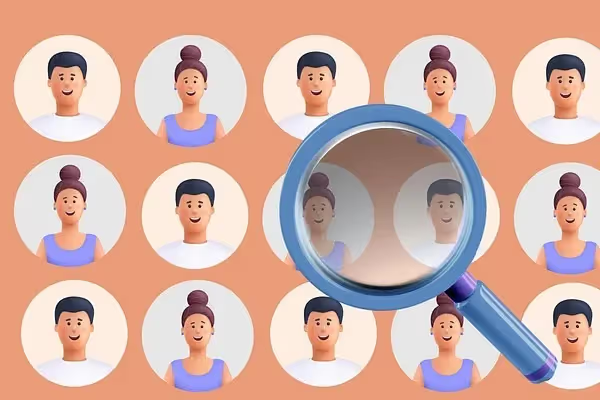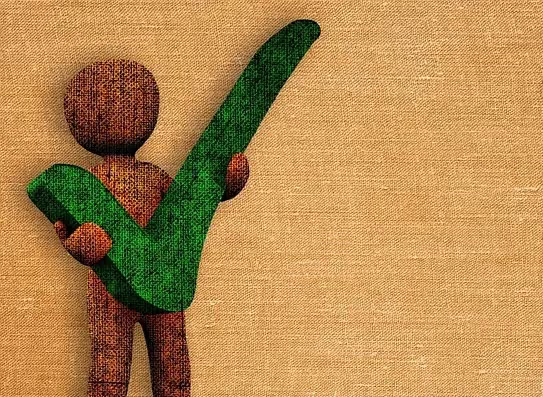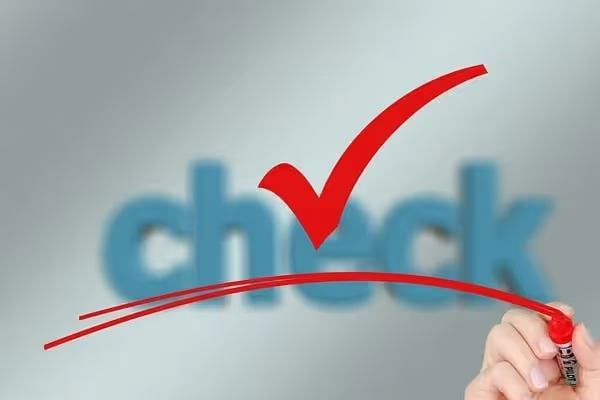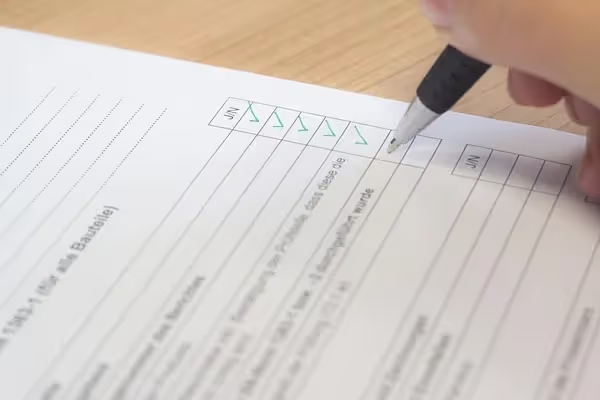Conducting a thorough background check for employment is one of the most important steps in the hiring process. It allows employers to verify the information a candidate provides and helps them make informed hiring decisions. Whether you're an HR professional, business owner, or someone looking to perform a personal background check, understanding how to do a background check properly can reduce the risk of hiring the wrong person.
This blog explains what a background check is, what it includes, how to conduct one, and why it's essential for maintaining a safe, compliant, and productive workplace.
What Is a Background Check for Employment?
A background check is a process used to verify a person’s identity, education, employment history, criminal record, credit history, and more. When performed for hiring purposes, it is called an employment background check or job background check.
Why Are Background Checks Important?
- Ensure the accuracy of candidate-provided information
- Identify potential red flags such as criminal behavior or misrepresentation
- Promote a safe and trustworthy work environment
- Reduce the risk of negligent hiring lawsuits
- Comply with legal and industry-specific regulations
What Does an Employment Background Check Include?
Depending on the job role and industry, a work background check can include:
1. Identity Verification
- Confirming full name, date of birth, and social security number.
2. Employment History Verification
- Validating job titles, responsibilities, employment dates, and reason for leaving.
3. Education Verification
- Confirming degrees, certifications, and institutions attended.
4. Criminal Record Check
- Reviewing national, state, and local criminal databases.
5. Credit Report (for certain roles)
- Often used for financial or high-trust positions.
6. Reference Checks
- Speaking with former managers or colleagues to assess performance and behavior.
7. Social Media Screening
- Evaluating public social profiles for red flags, such as hate speech or unethical behavior. Learn more about social media background checks and Social media screening.
8. Driving Records
- For roles involving driving or transportation.
9. Drug Testing
- Required for specific industries or roles.
How To Do a Background Check: Step-by-Step
Step 1: Get Written Consent
Under the Fair Credit Reporting Act (FCRA), you must get the candidate's written consent before performing a pre employment background check.
Step 2: Choose a Background Check Provider
Pick a reliable screening company that complies with local, state, and federal laws. Providers can conduct:
- Criminal checks
- Employment history verification
Credit checks
Alternatively, you can use software tools to automate and streamline the process.
Step 3: Decide What to Check
Tailor the check based on the role. For example:
- Financial roles may need credit reports.
- Teaching roles may require child abuse registry checks.
Step 4: Conduct Social Media Vetting
With the rise of online behavior influencing workplace culture, vetting social media is essential. Use AI-powered tools and APIs such as facebook social listening API and social media API to streamline this.
Step 5: Review and Evaluate Results
Analyze the data based on your job criteria and company policies. If a red flag appears, follow up with the candidate for clarification before making a decision.
Step 6: Provide a Copy of the Report and Allow Dispute
If adverse action is taken (e.g., rejecting a candidate), the FCRA requires that you:
- Share a copy of the report with the candidate
- Inform them of their rights
- Allow them to dispute incorrect information
Can You Run a Background Check on Yourself?
Absolutely. If you're wondering how to do a background check on yourself, it's a smart move before applying for jobs. Services like personal background checks can:
- Identify outdated or incorrect information
- Help you prepare for employer questions
- Show you what potential employers will see
Learn more about tools that help you run a background check on yourself or find influencer engagement rate for personal branding if you're in influencer marketing.
How to Conduct a Background Check on Someone Else
If you are hiring or collaborating with someone, especially in freelance or influencer roles, you can:
- Request written permission
- Use reputable background check services
Combine social media and public record searches
Best Practices for Employment Background Checks
Stay Compliant
Understand and follow legal requirements such as:
- Fair Credit Reporting Act (FCRA)
- Equal Employment Opportunity Commission (EEOC) guidelines
Be Consistent
Use the same criteria and process for all candidates applying for the same role.
Keep Information Secure
Protect the data gathered during the check and limit access to HR and authorized personnel.
Use Technology to Simplify Checks
Leverage tools like AI-powered screening platforms, identity verification APIs, and social media background checks to make the process more efficient and accurate.
FAQs
1. What do I need for a background check?
You need the candidate's full name, date of birth, social security number, and written consent.
2. How long does an employment background check take?
It usually takes 2 to 5 business days, depending on the type of checks involved.
3. What is included in a background check for a job?
Criminal history, employment and education verification, credit reports, and social media screening.
4. Can I run a background check on myself?
Yes. You can use online tools to check your criminal, credit, and social media history.
5. What are red flags in a background check?
Criminal offenses, job discrepancies, negative social media content, or failed drug tests.
6. Is social media screening legal?
Yes, but it must be done in compliance with privacy laws and employer regulations.
7. Can I do a background check without consent?
No. Consent is legally required under FCRA for employment-related checks.













